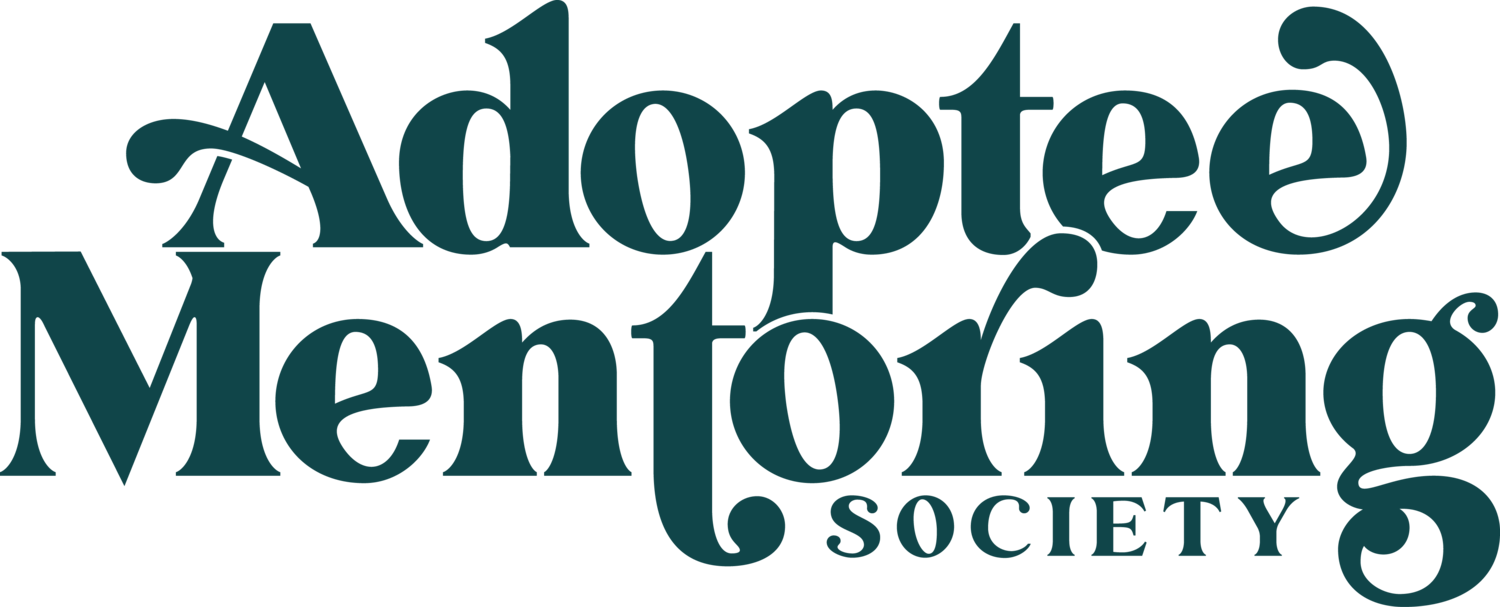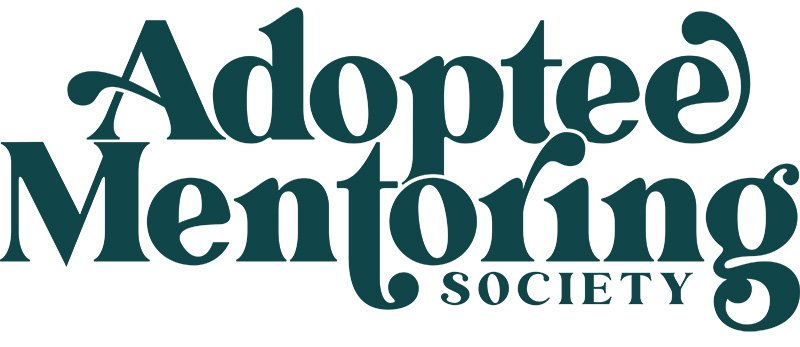Project Update: Supporting Adoptees through Mentorship and Mutual Aid
“The impacts of this work will continue to ripple through everything that we do at the Adoptee Mentoring Society”
By amanda paul, Chief Operating Officer at AMS
Over the past year, we have collaborated on a research project with UWT and AIRE entitled; Supporting Adoptees Through Mutual Aid and Mentorship. This project came from the recognition of the importance in exploring how mentorship, grounded in a shared experience of being an adoptee, can serve as both healing and empowerment.
We have long felt it to be crucial to investigate why mentorship works for adoptees, and how it differs from traditional therapeutic models. We’ve wanted to drill down and learn what specific skills and conversation approaches best foster belonging, safety, and identity exploration for this population. This fully adoptee-led research project is a reflection of that inquiry and commitment. We’re excited to integrate some of our findings into our programming.
Collaborating with Dr. JaeRan Kim and this specific team of adoptee leaders was a values-aligned decision for our organization, as we are always striving to center adoptee voices and leadership. The opportunity to learn from and be in community with other adoptee mentoring organizations was invaluable.
The data collected through this project provides invaluable insights into the needs and experiences of mentees, which we have and will continue to use to refine and strengthen our programming, including the selection and training of our mentors.
A slide from our recent presentation (watch in full, below)
Our findings validate that our work—providing affirming, supportive spaces to adopted people to process our experiences, often including trauma—is considered harm reduction. Hearing directly from mentees at various stages of their lives and adoptee exploration confirmed the nuanced ways in which mentorship continues to be supportive and needed throughout an adopted person’s lifetime. This project has also reinforced the importance of a virtual mentorship model, enabling us to make support more accessible to our community.
Finally, this project has strengthened our commitment to participatory action models. Ensuring that adoptees are included in shaping the direction of our work is essential. By sharing the findings with our mentee community, we hope to continue to foster transparency and further invite them into co-creating our organization’s future. For AMS, this project not only supported our ability to collect vital data from our community but has presented concrete opportunities for us to continue learning about, growing into, and building a foundation that centers the needs of adopted people and our lived experiences.
Watch our presentation in full, below:
Special Thanks to:
Dr. JaeRan Kim, Michelle Bagshaw, University of Washington Tacoma Office of Community Partnerships, AIRERoots (https://aireroots.com/), Beth Yu Simpson, Grace Schamber, Aleaya Callahan


